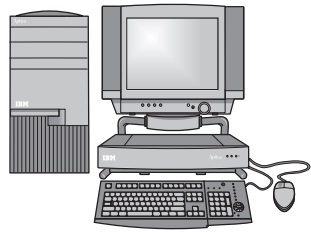First post, by Deksor
- Rank
- l33t
As I mentionned on the "Bought these (retro) hardware today", I've bought an IBM aptiva. But someone stuck some plastic things with super glue. I managed to remove them but there's still a residue ... How could I remove this without damaging the plastic underneath ?
Trying to identify old hardware ? Visit The retro web - Project's thread The Retro Web project - a stason.org/TH99 alternative
